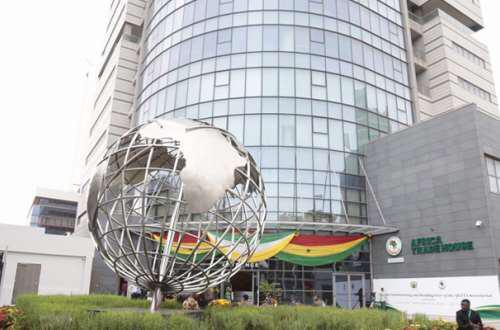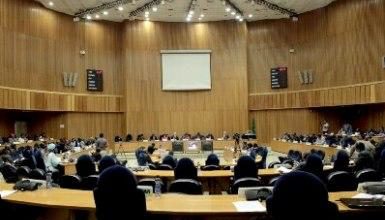Can the AfCFTA Bring an End to the Rise in Food Prices in Africa?

press/slma
Globally, food prices are rising due to the lingering effects of the COVID-19 pandemic on global food supply chains. In West Africa and the Sahel, food inflation is a native problem existing for over ten years. Countries like Nigeria, Niger, and Mali face issues of insecurity and conflict, particularly attacks on farmers. Concurrently, there is poor implementation of food policy interventions, high taxation, and high intra-regional tariffs. The African Continental Free Trade Area (AfCFTA) can end the conflict-induced food crisis on the continent by promoting more trade. However, a transformation of the existing agri-food supply and value chains is needed.
The AfCFTA is lauded to have the ability to revolutionize the food industry in Africa. Still, its slow implementation coupled with structural challenges limits the chances of solving Africa’s food problems through free trade.
A systems-based approach will make the AfCFTA capable of leading the transition toward sustainable food systems in Africa.
Food security can be achieved by trading more when structural weaknesses like the over-reliance on food importation are addressed. Likewise, the lack of integration of smallholder farmers along regional value chains must be tackled by the appropriate body.
Countries must improve food supply and distribution infrastructure with modern technology to accommodate the rising population, increased urbanization, and changes in trade rules. More investments should go into sustainable agriculture to support farmers to produce enough food for Africa. Empowering farmers will mitigate food import over-reliance while enabling African farmers to take control of large-scale food production. A part of this empowerment should include regional supply and value chain enrichment.
Furthermore, empowerment can take the form of soft loans, elimination of taxes on farmers, and education of farmers on how to access markets. Beyond farmer education and training, there is a need to provide farmers with risk management support and ensure that pricing regulations favor higher incomes.
Pricing deficits affecting farmers should be upgraded according to modern-day realities. When more farmers get empowered and integrated into markets, the production capacity of smallholder farmers will increase beyond subsistence levels.
Equally, there is a need to prioritize the removal of non-tariff trade barriers (NTBs) to ensure open access for smallholder farmers.
While the AfCFTA does tackle NTBs, in most regions, they still exist unchecked and may disrupt agricultural trade. The AfCFTA’s non-tariff mechanisms (NTMs), which are meant to mitigate NTBs, do not serve the purpose of smallholder farmers. Instead, NTMs seem to only exist as mere figureheads signalling a problem with no solution in place.
Equally, smallholder farmers do not have access to NTM technologies to report trade violations online. Overcoming these inadequacies will require stringent policy approaches by the appropriate regulatory bodies across all countries.
African countries can take cues from Kenya’s and Uganda’s approaches to ending NTBs. A significant part of enhancing the effectiveness of non-tariff measures (NTMs) will be educating smallholder farmers and giving them access to NTMs technologies through in-kind grants or loans.
The effective removal of NTBs will make trade easier, reducing the cost of agri-food trade and upgrading production. It will also increase agricultural input, enhance the success of free trade in Africa, and promote sustainable development.
As it currently is, intra-African trade is still slow due to the continuance of NTBs. NTBs, in turn, prolong the existence of isolated markets supported by the hegemonic dominance of agri-food companies backed by governments in global markets. This level of dominance doesn’t ease the free flow of agricultural produce from the farm to final consumers.
Ending the politicization of food systems and domination of agricultural markets by foreign governments will become necessary for the AfCFTA to triple the intra-African food trade by 2025.
If the politicization of food systems is successfully brought to an end, the AfCFTA can revolutionize agriculture for Africa, transforming food systems and ending poverty.
However, ending agricultural inequities and inequalities by providing indigenous farmers with opportunities to raise their income will be a key to this success. Agricultural markets and food value chains need to be transformed to ensure profit in the early production stage. The transformation will allow indigenous farmers to get their money’s worth from agricultural trade, thereby increasing income generated for the poor, whose major source of livelihood is farming.
A focus on higher income generated at the most basic level will benefit the economy. When the poorest have higher incomes, global poverty will reduce, and food access will increase.
Anna Suberu is a writing fellow at the African Liberty, with works centered on African development. She tweets at @anna_suberu
Source: Modern Ghana





